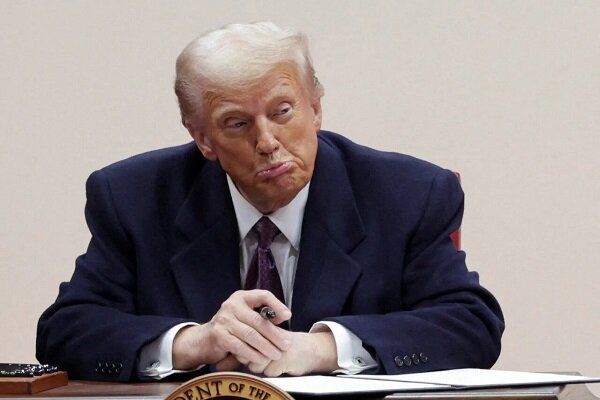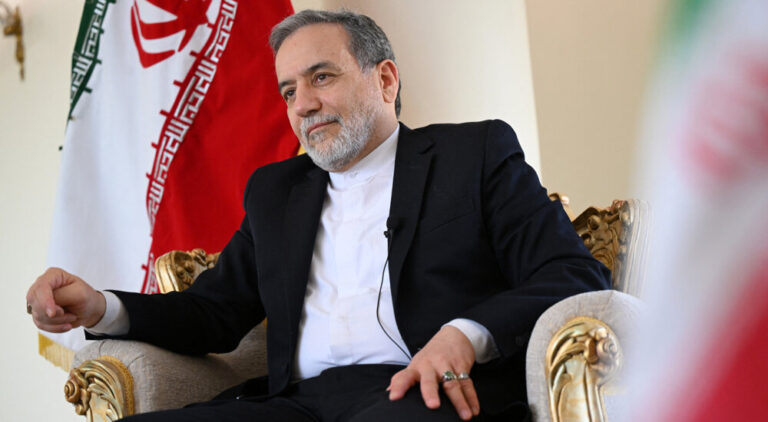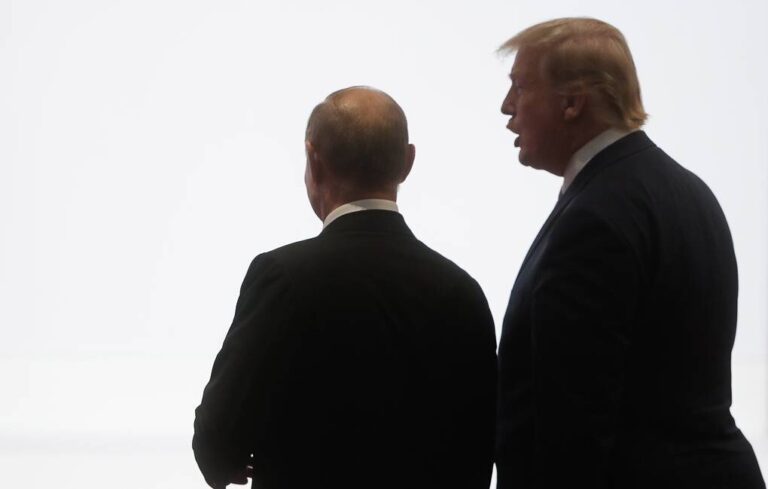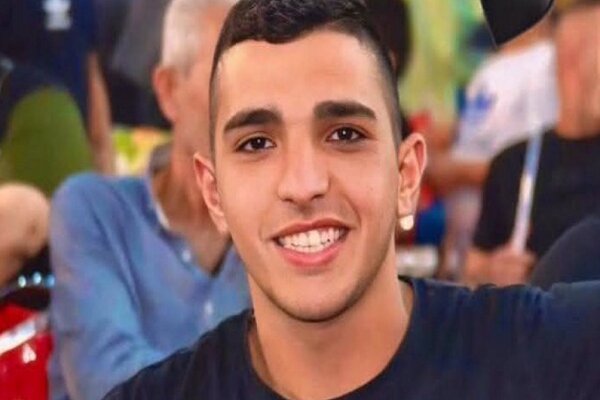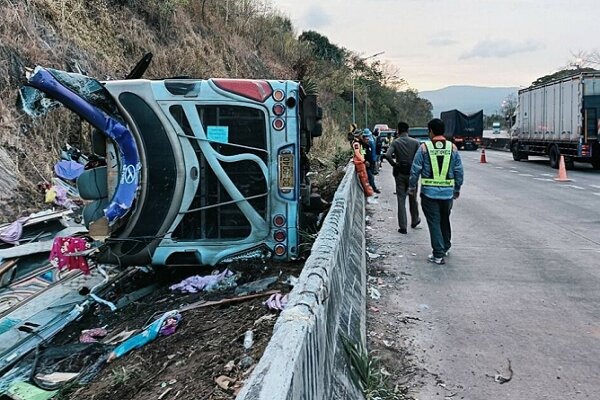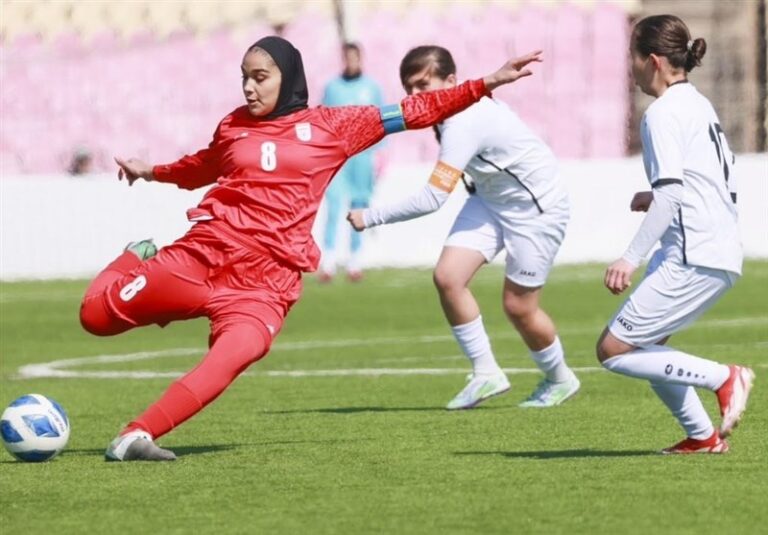Trump Envisions a Thriving and Happy Iran: A Vision for Peace and Prosperity
In recent developments surrounding the Iran nuclear program, former President Donald Trump made a statement emphasizing his vision for Iran while expressing concerns over its nuclear capabilities. As discussions between Iran and the United States commence, the focus remains on the implications for international relations and regional stability.
On Friday evening, while en route to Florida aboard Air Force One, Trump articulated his stance regarding Iran’s nuclear ambitions. He remarked, “I want Iran to be a wonderful, great, happy country, but they can’t have a nuclear weapon.” This statement underscores the ongoing tension between the United States and Iran regarding nuclear proliferation.
In response to these concerns, Iran has consistently asserted that it is not pursuing nuclear weapons. The Iranian government has stressed that its nuclear technology is intended solely for civilian purposes. Additionally, a significant aspect of Iran’s position is rooted in a Fatwa issued by the Leader of the Islamic Revolution, which explicitly prohibits the possession and use of weapons of mass destruction.
As these diplomatic dialogues unfold, representatives from both the Islamic Republic of Iran and the United States are scheduled to engage in indirect negotiations in Oman. The primary objectives of these talks include:
- Addressing concerns regarding Iran’s nuclear program.
- Discussing the lifting of sanctions deemed unjust against Tehran.
The backdrop of these negotiations highlights the complex web of international relationships and the delicate balance of power in the region. Both nations are navigating a landscape marked by historical grievances and mutual distrust.
Moreover, the ongoing dialogue reflects broader implications for global security. The international community remains watchful, particularly given the stakes involved in nuclear proliferation. The outcome of these negotiations could significantly impact not only Iran’s future but also the geopolitical dynamics of the Middle East.
As the indirect talks commence, several key factors will play a critical role in shaping the discussions:
- Trust Building: Establishing a foundation of trust between the negotiating parties will be essential for productive dialogue.
- Verification Measures: Ensuring that any agreements reached are backed by robust verification measures to prevent nuclear weapon development.
- Sanctions Relief: Addressing the economic impact of sanctions on Iran and the timeline for their potential lifting.
These negotiations are not only pivotal for Iran but also for the strategic interests of the United States and its allies. The U.S. administration is under pressure to balance national security concerns with the desire for diplomatic solutions. As Trump’s comments illustrate, the sentiment towards Iran’s nuclear aspirations remains cautious, emphasizing the need for a careful approach in negotiations.
In conclusion, as the talks in Oman unfold, the world will be watching closely to see if diplomatic efforts can pave the way for a peaceful resolution to the nuclear issue. The stakes are high, and the potential for both conflict and cooperation remains ever-present. With the future of Iran’s nuclear program hanging in the balance, the coming days will be critical in determining the direction of U.S.-Iran relations.
As this situation continues to develop, staying informed will be crucial for understanding the implications for regional and global security. The international community hopes that diplomacy will prevail, leading to a more stable and secure future for Iran and its neighbors.
